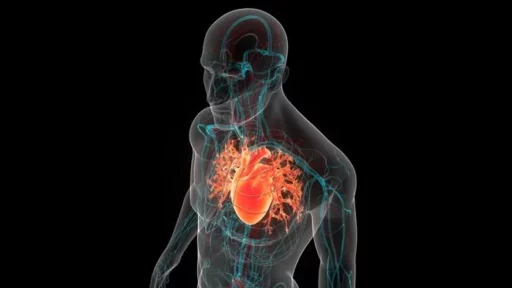The Dilemma of Heart Health and Smoking: Is E-cigarette a New Solution?

Recently, a large-scale cohort study on cardiovascular diseases conducted by Associate Professor Choi Gi-hong from Samsung Seoul Hospital, Sungkyunkwan University School of Medicine, has drawn attention in the medical community.
This study analyzes the effects of e-cigarettes on individuals with cardiovascular diseases and won the 'Young Medical Researcher Award' at the 58th Yu Han Medical Award on April 15.
The Yu Han Medical Award is one of the most prestigious academic awards in the Korean medical community, co-organized by the Korean Medical Association and Yu Han Pharmaceutical, and the Young Medical Researcher Award is presented to researchers under the age of 45 who have made outstanding research achievements.
"Quitting smoking is the best, but a realistic alternative is also needed"

Professor Choi stated, "A significant percentage of patients who have undergone percutaneous coronary intervention (PCI) for myocardial infarction or angina are smokers, and many continue to smoke despite knowing their prognosis is poor."
He further explained the background of the study: "While quitting smoking is undoubtedly the most desirable option, many patients struggle to quit. Therefore, we wanted to investigate whether a complete switch to e-cigarettes could serve as a better alternative."
*Percutaneous Coronary Intervention (PCI): A procedure in which a stent is inserted into narrowed coronary arteries in patients with cardiovascular diseases such as angina or myocardial infarction.
E-cigarette Switching Group Shows Lower Incidence of Major Cardiac Events

Professor Choi's research team conducted a large-scale cohort study based on data from the National Health Insurance Service, involving 17,973 smokers who had undergone PCI.
The participants were divided into three groups: those who continued smoking regular cigarettes, those who switched to e-cigarettes, and those who completely quit smoking. The incidence of major cardiac events was compared across these groups.
The major cardiac events referred to here (MACE) include all-cause mortality, myocardial infarction, and revascularization, which are crucial indicators for assessing the prognosis of patients with cardiovascular diseases.
"E-cigarettes Show Risks of Cardiovascular Complications Similar to Quitting Smoking"

The group that completely transitioned to e-cigarettes showed an approximately 18% lower risk of cardiovascular complications, which is noteworthy. The group that quit smoking exhibited a 14% reduction in complications.
Another significant point is that individuals who used both regular cigarettes and e-cigarettes had a 29% higher risk of cardiac events compared to those who completely switched to e-cigarettes. This indicates that 'complete switching' is more important than 'dual use.'
If Quitting Smoking is Difficult, a Realistic 'Plan B' is Needed

This study is clinically significant as it offers practical alternatives for patients with cardiovascular diseases who cannot quit smoking. While the ideal solution is quitting smoking, this study provides concrete evidence that transitioning to e-cigarettes could be a 'less harmful choice' in a challenging reality.
Although e-cigarettes are not completely harmless, the findings suggest that switching to e-cigarettes could be a realistic means of safeguarding heart health for those who struggle to quit smoking.
Image source: Associate Professor Choi Gi-hong, Sungkyunkwan University School of Medicine, gettyimagesbank


